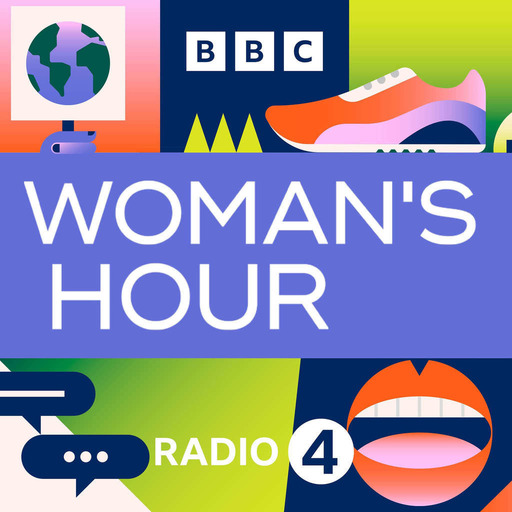In a shocking report out today MPs say too many women who’ve survived domestic abuse are ending up in appalling accommodation operated by rogue landlords who exploit housing benefit loopholes to cash in on a ‘gold rush’ of taxpayers’ money. Some women and their children find themselves housed in mixed-sex provision, or even alongside their perpetrators. The current rules mean anyone can set up what is called Exempt Accommodation if they offer care, support, or supervision that is ‘more than minimal’. One provider left a loaf of bread and some jam to achieve that standard. Others say fitting CCTV is enough to qualify. The All Party Parliamentary Select Committee on Levelling Up Housing and Communities make a number of recommendations aimed at stopping unscrupulous operators getting enhanced housing benefit without providing the wraparound support and staff they’re meant to offer survivors of domestic abuse. Krupa Padhy talks to the Chair of the Committee Clive Betts Labour MP and Becky Rogerson, CEO of Wearside Women in Need.
In 1691, a journalist called John Dunton was having an affair and realised there was no one he could ask for advice about it without revealing his identity. Realising his situation couldn’t be unique, he invited readers of his newspaper to submit their problems. Today agony aunt columns are the mainstay of the back pages of our newspapers and magazines. But why do we still seek comfort from the written advice of strangers? Krupa Padhy is joined by best-selling author and Sunday Times Style agony aunt Dolly Alderton, and author of ‘Never Kiss A Man in a Canoe,’ Tanith Carey.
Yesterday marked 40 days since the death of 22-year-old Mahsa Amini who died in police custody after being arrested for allegedly wearing her hijab “improperly”. Thousands of mourners gathered near Amini’s grave in her hometown of Saqqez where Iranian police reportedly fired live rounds and tear gas at the crowds. Protests have taken place across the country since Mahsa’s death on 16th September and women have been at the forefront of the movement, removing their headscarves and cutting their hair in public in solidarity. Faranak Amidi, the BBC's Near East women affairs reporter, joins Krupa.
On Woman’s Hour we talk about girls a lot, how we raise them, keeping them safe, their mental and physical health but we don’t often talk to them. For an occasional series called Girl’s World, Ena Miller went to talk to India and Alice at their school about their lives, the things they think about, chat about and worry about. She took along her teenage diary to jog her memory about the secret world of the teenage girl.
When Una Marson became the BBC's first black radio producer and presenter in the 1940s, she brought Caribbean voices and culture to a global audience. Krupa speaks to actor Seroca Davis on playing Una in BBC2’s documentary-drama ‘Una Marson, Our Lost Caribbean Voice’.


 Replay
Replay











